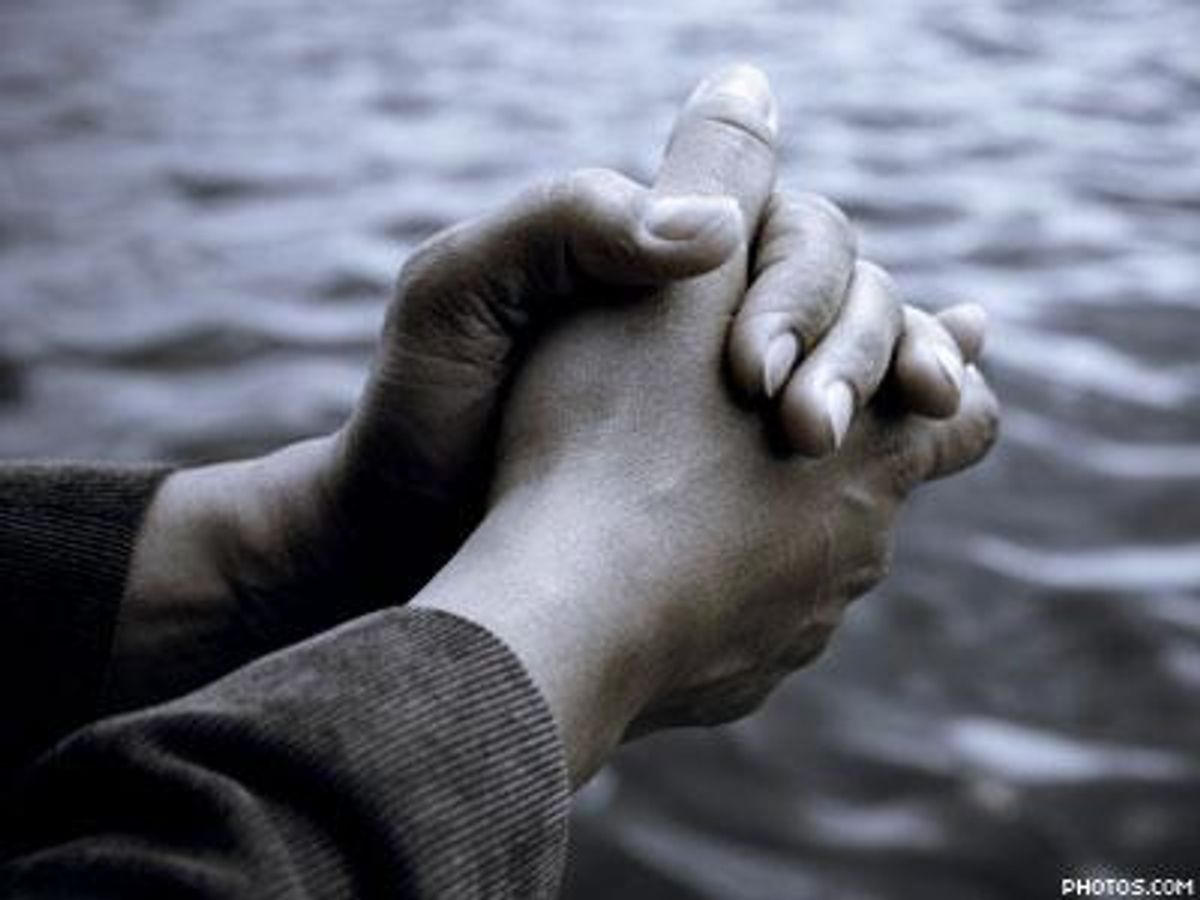Just as the classic African-American spiritual promises, “there is a balm in Gilead.” While the original song — and the biblical stories it references — discuss spirituality as a means to heal a nation’s ills, one international nonprofit is taking that connection and utilizing it to fight HIV and AIDS in the United States and Africa.
The Balm in Gilead began its work 25 years ago, developing educational and training programs designed specifically to meet the health and education needs of African-American and African communities of faith. Over the past two and a half decades, the group has proven itself adept at building strong partnerships between religious communities and health experts, connecting spiritual leaders with leading doctors and scientists.
“Religious leaders are among the most important influencers in our community,” says Pernessa C. Seele, the founder and CEO of the Balm in Gilead. “We must make sure they have the right facts, that they are educated, so that they can influence people not only in their faith and in their religious beliefs, but in their health and the importance of taking care of their bodies.”
The Balm in Gilead is an international nonprofit organization (
BalmInGilead.org) with offices located in Richmond, Va., and Dar es Salaam, Tanzania. The dual headquarters allows Balm supporters to exchange important information about leading interventions and messaging strategies.
In fact, one of the Balm in Gilead’s newest endeavors, the Couples Counseling Community Mobilization, was introduced in the U.S. last fall after widespread success in Africa.
“What we’re doing,” explains Seele, “is we are highlighting couples and helping pastors and religious leaders and people who work with couples of all sexes to begin to address couples and their relationships and getting them tested and support.”
The Couples Counseling Community Mobilization is open to couples of all gender identities, sexual orientations, and religious backgrounds, Seele says, and has had success reaching serodiscordant couples. She says that after the program’s impressive success in Tanzania — where the incidence of HIV is now lower than it is among African-Americans — “it’s time to bring it back home.”
Seele argues there’s a moral responsibility within African-American faith communities to lead in the fight against HIV and AIDS, and actively work to combat the
stigma that still prevents people from being tested, seeking treatment, and getting informed.
“So many more religious communities are opening their doors to people living with HIV/AIDS and are tackling the stigma of it,” she says. “We must have them as advocates in this fight and education.”

